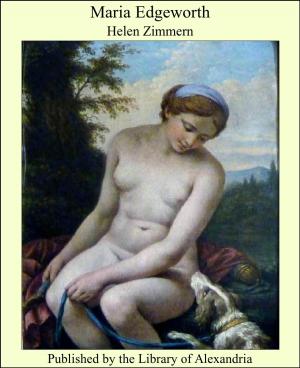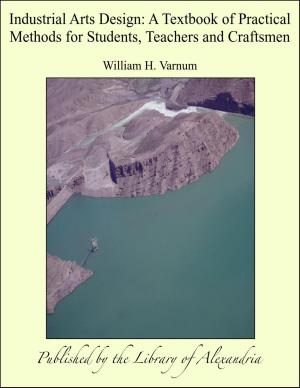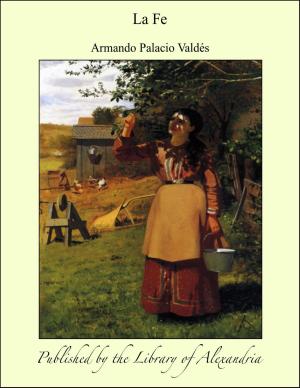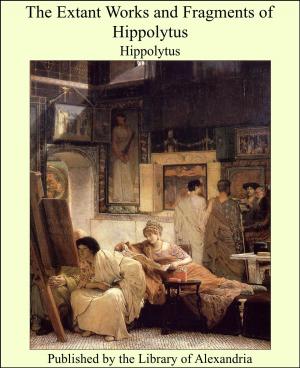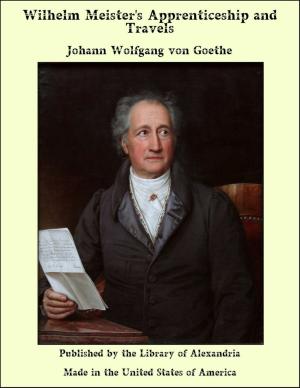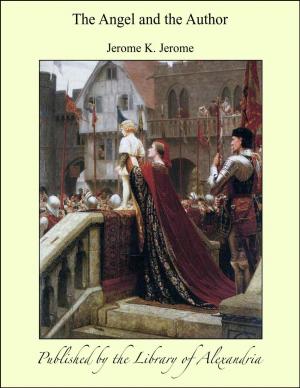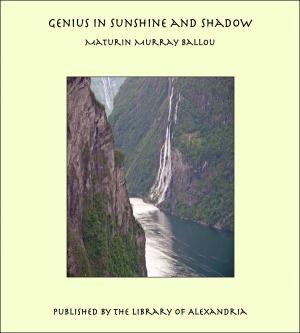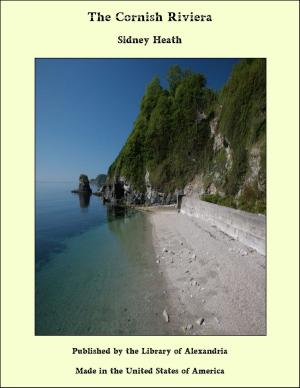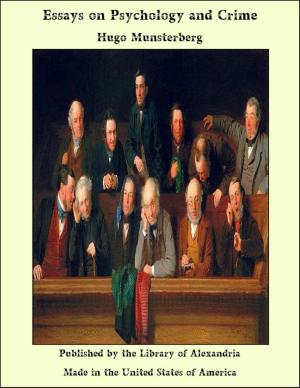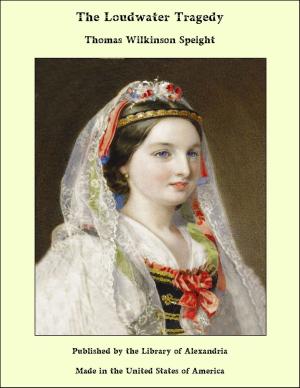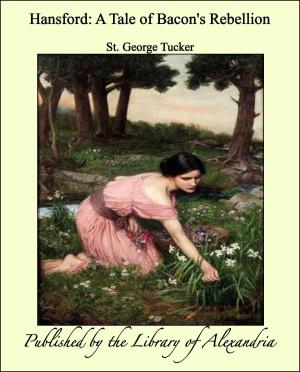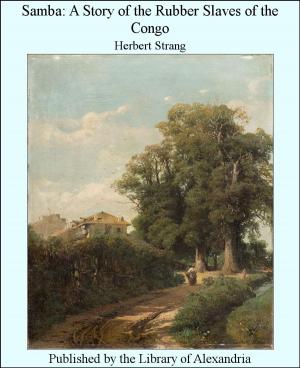The Palace of Pleasure (Complete)
Nonfiction, Religion & Spirituality, New Age, History, Fiction & Literature| Author: | William Painter | ISBN: | 9781465603340 |
| Publisher: | Library of Alexandria | Publication: | March 8, 2015 |
| Imprint: | Language: | English |
| Author: | William Painter |
| ISBN: | 9781465603340 |
| Publisher: | Library of Alexandria |
| Publication: | March 8, 2015 |
| Imprint: | |
| Language: | English |
A young man, trained in the strictest sect of the Pharisees, is awakened one morning, and told that he has come into the absolute possession of a very great fortune in lands and wealth. The time may come when he may know himself and his powers more thoroughly, but never again, as on that morn, will he feel such an exultant sense of mastery over the world and his fortunes. That image seems to me to explain better than any other that remarkable outburst of literary activity which makes the Elizabethan Period unique in English literature, and only paralleled in the world’s literature by the century after Marathon, when Athens first knew herself. With Elizabeth England came of age, and at the same time entered into possession of immense spiritual treasures, which were as novel as they were extensive. A New World promised adventures to the adventurous, untold wealth to the enterprising. The Orient had become newly known. The Old World of literature had been born anew. The Bible spoke for the first time in a tongue understanded of the people. Man faced his God and his fate without any intervention of Pope or priest. Even the very earth beneath his feet began to move. Instead of a universe with dimensions known and circumscribed with Dantesque minuteness, the mystic glow of the unknown had settled down on the whole face of Nature, who offered her secrets to the first comer. No wonder the Elizabethans were filled with an exulting sense of man’s capabilities, when they had all these realms of thought and action suddenly and at once thrown open before them. There is a confidence in the future and all it had to bring which can never recur, for while man may come into even greater treasures of wealth or thought than the Elizabethans dreamed of, they can never be as new to us as they were to them. The sublime confidence of Bacon in the future of science, of which he knew so little, and that little wrongly, is thus eminently and characteristically Elizabethan. The department of Elizabethan literature in which this exuberant energy found its most characteristic expression was the Drama, and that for a very simple though strange reason. To be truly great a literature must be addressed to the nation as a whole. The subtle influence of audience on author is shown equally though conversely in works written only for sections of a nation. Now in the sixteenth century any literature that should address the English nation as a whole—not necessarily all Englishmen, but all classes of Englishmen—could not be in any literary form intended to be merely read. For the majority of Englishmen could not read. Hence they could only be approached by literature when read or recited to them in church or theatre. The latter form was already familiar to them in the Miracle Plays and Mysteries, which had been adopted by the Church as the best means of acquainting the populace with Sacred History. The audiences of the Miracle Plays were prepared for the representation of human action on the stage. Meanwhile, from translation and imitation, young scholars at the universities had become familiar with some of the masterpieces of Ancient Drama, and with the laws of dramatic form. But where were they to seek for matter to fill out these forms? Where were they, in short, to get their plots?
A young man, trained in the strictest sect of the Pharisees, is awakened one morning, and told that he has come into the absolute possession of a very great fortune in lands and wealth. The time may come when he may know himself and his powers more thoroughly, but never again, as on that morn, will he feel such an exultant sense of mastery over the world and his fortunes. That image seems to me to explain better than any other that remarkable outburst of literary activity which makes the Elizabethan Period unique in English literature, and only paralleled in the world’s literature by the century after Marathon, when Athens first knew herself. With Elizabeth England came of age, and at the same time entered into possession of immense spiritual treasures, which were as novel as they were extensive. A New World promised adventures to the adventurous, untold wealth to the enterprising. The Orient had become newly known. The Old World of literature had been born anew. The Bible spoke for the first time in a tongue understanded of the people. Man faced his God and his fate without any intervention of Pope or priest. Even the very earth beneath his feet began to move. Instead of a universe with dimensions known and circumscribed with Dantesque minuteness, the mystic glow of the unknown had settled down on the whole face of Nature, who offered her secrets to the first comer. No wonder the Elizabethans were filled with an exulting sense of man’s capabilities, when they had all these realms of thought and action suddenly and at once thrown open before them. There is a confidence in the future and all it had to bring which can never recur, for while man may come into even greater treasures of wealth or thought than the Elizabethans dreamed of, they can never be as new to us as they were to them. The sublime confidence of Bacon in the future of science, of which he knew so little, and that little wrongly, is thus eminently and characteristically Elizabethan. The department of Elizabethan literature in which this exuberant energy found its most characteristic expression was the Drama, and that for a very simple though strange reason. To be truly great a literature must be addressed to the nation as a whole. The subtle influence of audience on author is shown equally though conversely in works written only for sections of a nation. Now in the sixteenth century any literature that should address the English nation as a whole—not necessarily all Englishmen, but all classes of Englishmen—could not be in any literary form intended to be merely read. For the majority of Englishmen could not read. Hence they could only be approached by literature when read or recited to them in church or theatre. The latter form was already familiar to them in the Miracle Plays and Mysteries, which had been adopted by the Church as the best means of acquainting the populace with Sacred History. The audiences of the Miracle Plays were prepared for the representation of human action on the stage. Meanwhile, from translation and imitation, young scholars at the universities had become familiar with some of the masterpieces of Ancient Drama, and with the laws of dramatic form. But where were they to seek for matter to fill out these forms? Where were they, in short, to get their plots?

